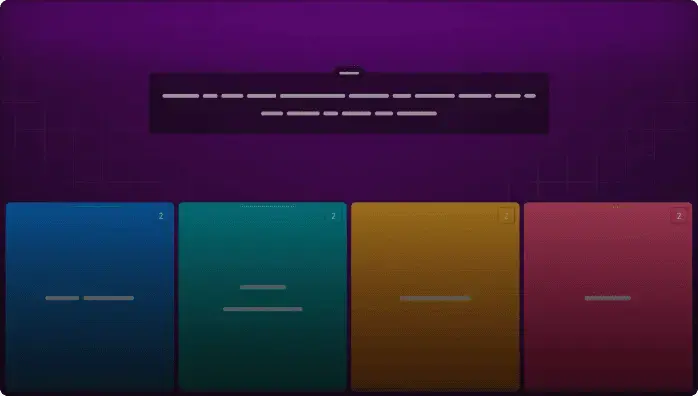
BrainPop Outer Solar System Review (Luginbuhl)
Assessment
•
Staff.Monica Luginbuhl
•
Science
•
6th - 7th Grade
•
51 plays
•
Hard
Student preview

10 questions
Show answers
1.
Multiple Choice
How is Pluto Different from Planet X?
Planet X was never discovered; Pluto was
Planet X is a gas giant; Pluto is a dwarf planet
Planet X has several moons; Pluto has no moons
Planet X contains single-celled life forms; Pluto does not
2.
Multiple Choice
Why is Pluto no longer considered a planet?
Its orbit is too irregular
Its orbit is too far away from the sun
It not longer meets the definition of a planet
It orbits Neptune, not the sun
3.
Multiple Choice
Place the following in order, from closest to furthest away: A) The scattered disc; B) The Kuiper Belt; C) The Oort cloud
A B C
C B A
B A C
C A B
4.
Multiple Choice
What can you infer about the Kuiper Belt from the objects that orbit within it?
It's very small
It's very cold
It's very dense
It's very close to Neptune
5.
Multiple Choice
How is Orcus different from Charon?
Orcus orbits the sun; Charon orbits Pluto
Orcus is a dwarf planet; Charon is a Kuiper Belt object
Orcus is a comet; Charon is a trans-Neptunian object
Orcus is very large; Charon is very small
Explore all questions with a free account
Find a similar activity
Create activity tailored to your needs using
.svg)

Solar System Quiz
•
6th Grade

Solar System Review
•
6th - 8th Grade

BrainPop Outer Solar System Review
•
7th Grade

Outer Solar System
•
6th - 8th Grade

TATA SURYA
•
7th Grade

Solar system quiz
•
KG - 12th Grade

The Solar System
•
KG - Professional Dev...

Quiz A Spin Around the Solar System: How the Solar System Works
•
6th Grade